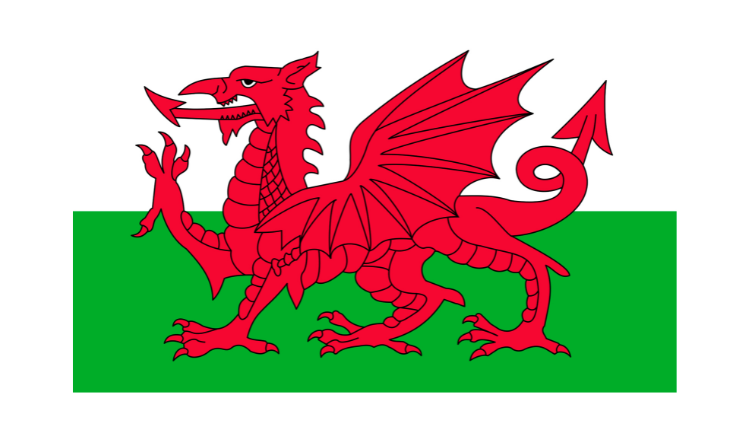Zara Smith, PACEY Advisor
In the Autumn of 2022, I started the National Professional Qualification in Early Years Leadership (NPQEYL), an 18-month commitment to learning and developing my skills and knowledge. Throughout my early years career, I have always been passionate about supporting all children to have the best start possible and have always understood that, to achieve this, children need to experience high quality provision, that is informed by current, relevant research and evidence and delivered by well qualified staff.
The NPQEYL qualification struck me as a complete qualification that not only covers key aspects such as child development, curriculum and assessment, but also looks at the challenges of managing a setting and business, such as implementing and sustaining change, and ensuring staff are invested in the journey of developing and improving a setting.
Deciding to undertake further training is always an easy choice for me and I believe in the importance and power of continual professional development. The joy of the NPQEYL for me, was its approach to flexible learning. This was important because it that allowed me to undertake a highly regarded, relevant qualification whilst also managing a small group of nurseries and juggling commitments at home.
There are several providers offering this course and I chose to use Ambition Institute. Their course was structured in an accessible manner that appealed to me.
It started with a face-to-face conference, where we got the chance to network and meet our peers. We were also given a buddy that we could work with, and team up with throughout the course to provide each other support and to share our thoughts and learning with.
Over the 18 months there where a further 8 events. Another face-to-face conference occurred about ½ through the course and there were seven ‘Clinics’ –online 2-hour meetings – that provided further opportunities to network with our cohort, discuss the module we were working on and share our learning and insights.
Throughout the 18 months, the learning was self-directed and completed online, with 9 modules over the 18 months. These modules covered were as follows:
- Implementation – considered how to identify the right problem, how to effectively implement change, and sustain it over time
- Culture – looked at the importance of a setting’s culture and how to ensure it is effective for both children and staff
- Child Development – reflected on our knowledge and understanding of child development and how this should inform our practice
- Professional Development – suggested how to support staff to develop expertise, through effective professional development resulting in continual improvement
- Effective Early Education – analysed the research and evidence around effective early education
- Curriculum and Assessment – examined the elements of an effective curriculum, and how observations and assessment should inform this
- Additional and Special Educational Needs and Disabilities – studied inclusion, how to assess children with SEND, select interventions and ensure that they have impact
- Organisational Management – investigated strategies for recruiting and retaining staff, managing resources and ensuring an effective culture of safeguarding
- Working in partnership – reviewed the importance of partnership working, including working with parents and carers
At the end of the 18 months, I then had to complete an ‘open book’ assessment, based on a case study. This assessment took place over an 8-day period. Again, the timescales around this allowed me to be flexible and fit it in around my other commitments. You get the final results about 3 months after you have completed the assessment, and I was delighted to have passed.
I found the online learning platform easy to access and intuitive to navigate around. It was also visually very appealing due to the simplicity and accessibility of its layout and graphics.
I really enjoyed the fact that the course afforded me the time to read and reflect on current research and evidence, to consider how best to implement it within the settings and to try it out.
The first unit, Implementation, was a great starting point. I learnt to slow things down when introducing a change, ensuring that I had staff buy-in and engagement. I found that this resulted in staff feeling that they had ownership of the changes and consequently they valued them and were invested in ensuring that they became embedded and long lasting.
Each unit introduced research and evidence to consider, opportunities to reflect on practice and consider ways to develop and improve to maximise outcomes for children.
I really enjoyed this course and would recommend it to any current or aspiring leaders. In my cohort there were teachers from schools, early years units, setting managers and childminders. It was refreshing to experience all providers being treated with equal status and early years being considered on a par with schools!
The content is relevant to everyday practices and the pace of the course allowed sufficient time to put the learning into practice, review and reflect on the impact. It has changed my thinking and approach in many areas, and this is positively impacting on how we better support the children – which is ultimately why we do the job we love!
Useful links:
- Early years leadership national professional qualification – GOV.UK (www.gov.uk)
- National Professional Qualification (NPQ): Early Years Leadership Framework (publishing.service.gov.uk)
DfE-Approved Providers:
- NPQEYL | Early Years Leadership Training Course | Ambition Institute
- NPQ in Early Years Leadership | NPQEYL – The National Institute of Teaching (niot.org.uk)
- National Professional Qualification for Early Years Leadership (NPQEYL) – Teacher Development Trust (tdtrust.org)
- NPQ in Early Years Leadership | Teach First
- NPQEYL: National Professional Qualification for Early Years Leadership | IOE – Faculty of Education and Society – UCL – University College London



